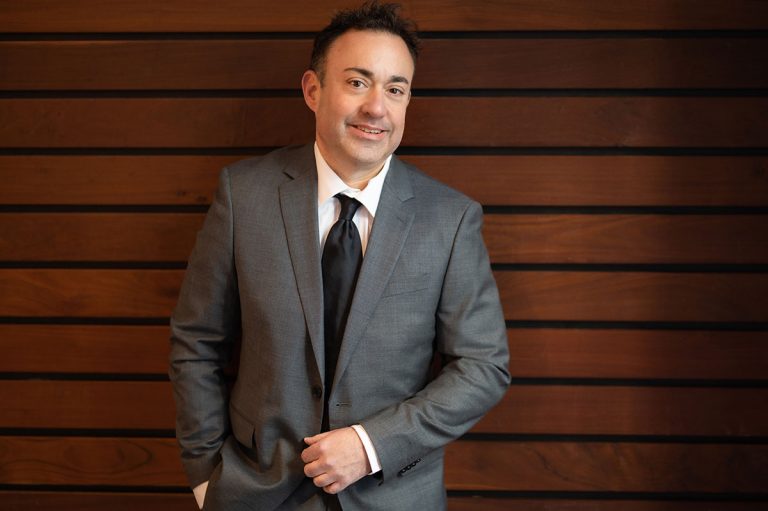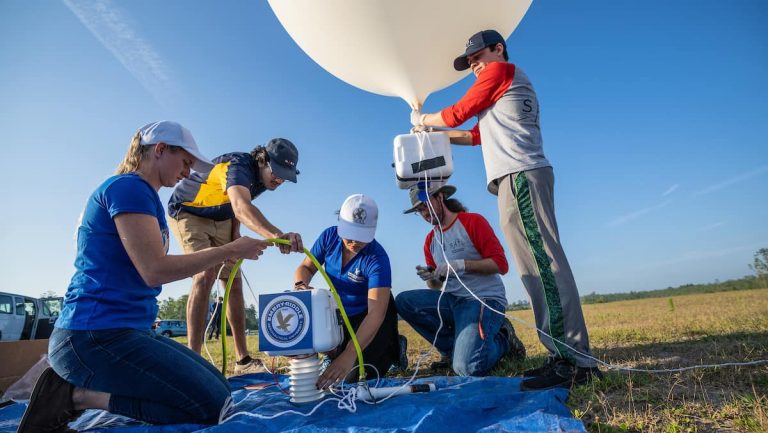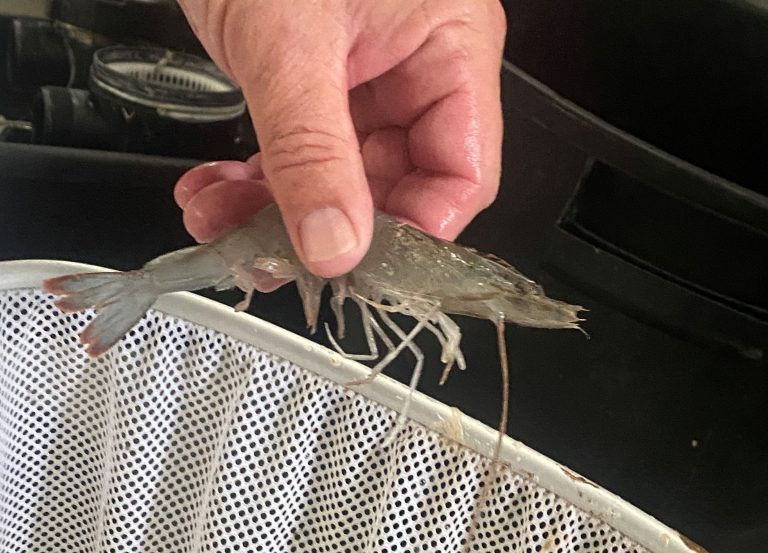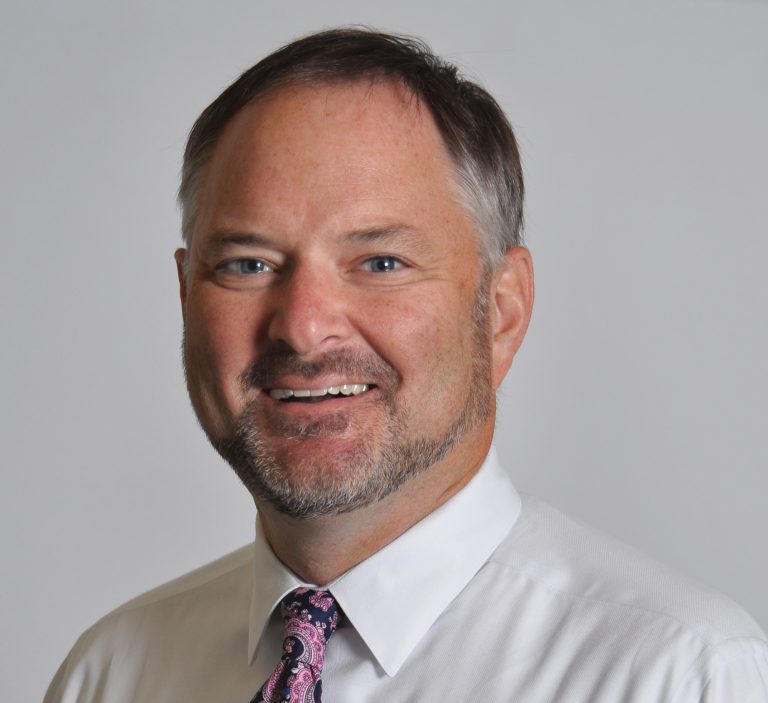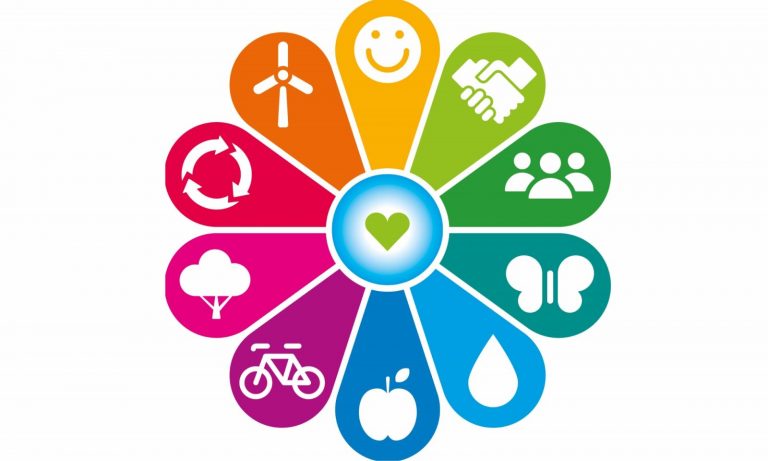Preserving Paradise: New Smyrna Beach Embraces Sustainable Destination Management
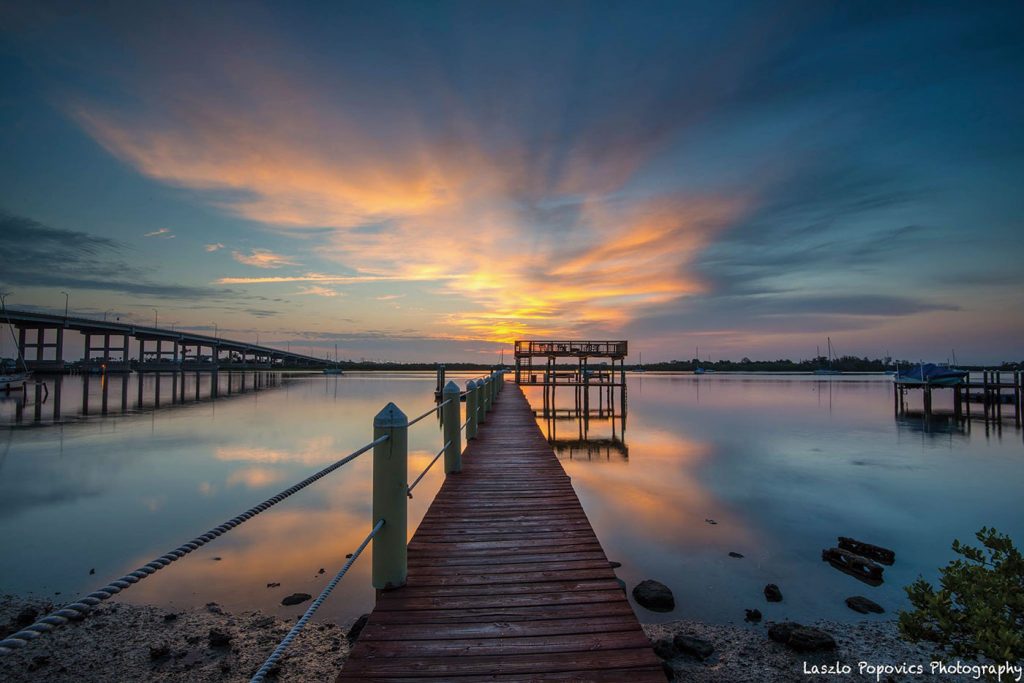
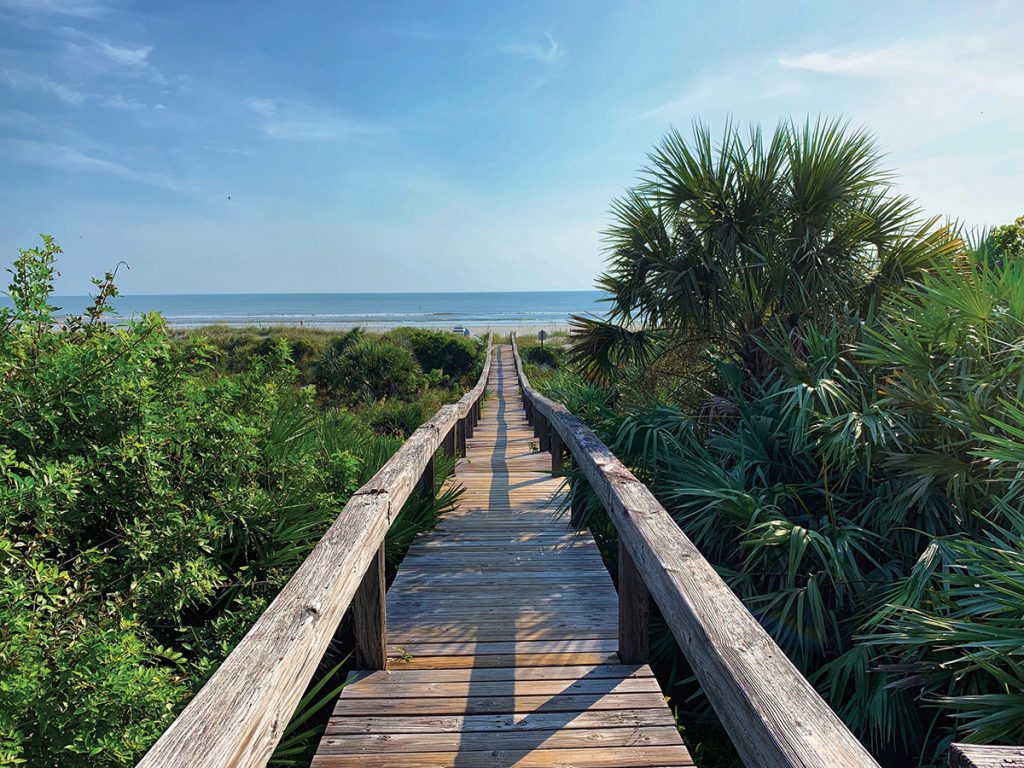
Preserving the environment and local culture so that it will be available for future generations is a task that is high on the list for the New Smyrna Beach Area Visitors Bureau (NSBAVB). Encompassing five coastal cities, the NSBAVB joined One Planet Living (OPL) to obtain a framework to protect the destination’s assets through sustainable tourism.
The OPL program provides guidelines to establish a baseline for environmental impact. From there, program administrators monitor and assess performance over time with unique action plans for hotels, restaurants and other businesses.
With the bureau leading the way, tourism partners within the destination can develop meaningful ways to enhance their business models with sustainability at the forefront. Individual action plans may include finding alternatives for plastic straws, plastic bags and other non-sustainable goods. Water conservation may figure highly on the action plan for hotels. Retail establishments may wish to find ways to support their employees’ quality of life. Many businesses find they are already incorporating sustainable practices and utilize the actions plans to track progress.
By enlisting its tourism partners, the visitors bureau can offer sustainable travel as a new amenity in the destination. To promote the program, the bureau helps its tourism partners establish their action plans and monitor updates and improvements. The sustainability message is then delivered to travelers and potential visitors on the official destination website visitnsbfl.com, via promotions and sweepstakes, in marketing collateral and on social media.
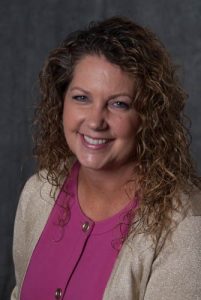
“As a destination management organization that promotes visitation to an area comprised of environmentally sensitive coastlines, sustainability and resiliency efforts have become paramount to our mission,” says NSBAVB President and CEO Debbie Meihls. “By balancing commerce and conservation, we ensure the future of tourism and responsible economic development,” she continues.
According to Meihls, “Not only does the program help businesses become more sustainably conscious, but it helps define who we are as a destination. Our guests appreciate knowing that by choosing the New Smyrna Beach Area as a travel destination, they are helping the planet, one trip at a time.”
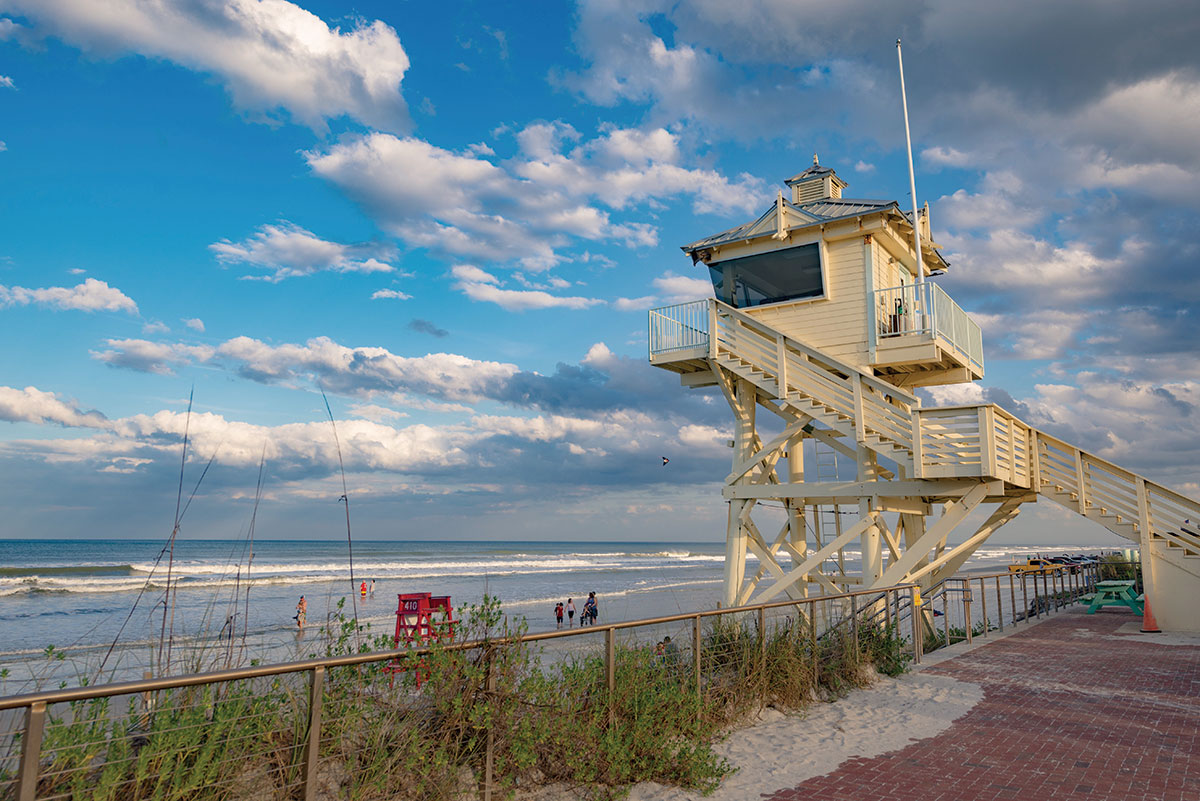
New Smyrna Beach Area Partners in One Planet Living:
- Atlantic Plaza
- Country Inn & Suites
- Hampton Inn New Smyrna Beach
- Marine Discover Center
- New Smyrna Beach Area Visitors Bureau
- Norwood’s Eatery and Treehouse
- SpringHill Suites by Marriott, New Smyrna Beach
- Third Wave Café and Wine Bar
- Yaupon Brothers, LLC
These partners are incorporating OPL guidance and goals to help create eco-communities and build environmental resilience.
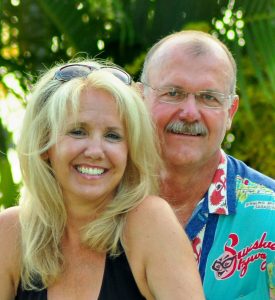
For Kathy Lundberg, owner of Third Wave Cafe and Wine Bar, “One Planet Living provides a format that assists our company in vetting, developing and implementing actionable policies that promote our ethos of being a responsible employer, community member and citizen of our planet. Consequently, we have impressive employee retention. We continue to partner with national organizations such as Monterey Bay Aquarium – Seafood Watch, James Beard- Smart Catch and Good Food 100, as well as local producers whenever possible. These programs, along with One Planet Living, inspire and assist us in maintaining the standard of responsibility we are committed to.”
Growth of the program is dependent on increased participation from area tourism partners. “It’s not just for hotels and restaurants,” explains Meihls. “The program is adaptable for cities, counties and other municipal organizations, as well as manufacturers, transportation companies and more.” As the first destination in Florida to join One Planet Living, we hope to leave a legacy for future generations,” Meihls concludes.

